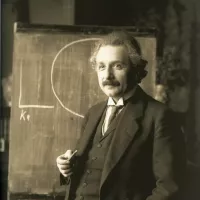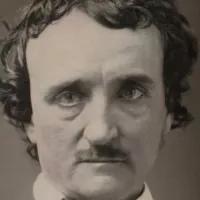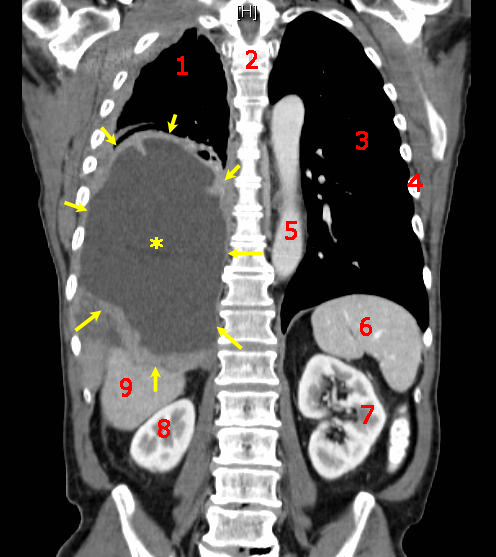In physics, a quantum represents the smallest possible unit of a physical entity involved in an interaction. It signifies a discrete quantity of energy directly proportional to the frequency of the radiation it represents. This concept of "quantization" implies that a physical property can only possess specific discrete values, which are integer multiples of one quantum. For instance, a photon constitutes a single quantum of light at a specific frequency. Similarly, the energy levels of electrons within an atom are quantized, restricting them to specific discrete values. This quantization is crucial for the stability of atoms and matter, as electrons are bound to these discrete energy levels. Quantization is a fundamental principle in quantum mechanics and plays a vital role in understanding the interactions of energy and matter in nature.
December 14, 1900: Planck's Quantization Hypothesis
On December 14, 1900, Max Planck presented his research on black-body radiation to the German Physical Society. He proposed that energy absorption and release occur in discrete packets, or "energy elements," to explain the color change of heated objects. This marked the birth of the quantization concept.
1900: Early Use of "Quantum"
The term "quantum", meaning "how much" in Latin, was already in use before 1900. It appeared in various contexts, including literature and medicine. For instance, Edgar Allan Poe used it in his work, and physicians used it in the term "quantum satis" meaning "the amount which is enough".
1901: Planck's Quanta of Matter, Electricity, Gas, and Heat
In 1901, Max Planck expanded the use of "quanta" to encompass matter, electricity, gas, and heat. This marked a significant step towards the development of quantum theory.
1902: Philipp Lenard's Use of "Quanta"
In 1902, Philipp Lenard published an article on the photoelectric effect where he used the term "quanta of electricity" to refer to electrons. He attributed this usage to Hermann von Helmholtz.
1905: Einstein's "Quanta of Light"
In 1905, influenced by Planck's work and Lenard's experiments, Albert Einstein proposed that radiation existed in localized packets, which he called "quanta of light" or "Lichtquanta". This groundbreaking idea contributed to the understanding of the photoelectric effect.
1918: Planck's Nobel Prize
In 1918, Max Planck received the Nobel Prize in Physics in recognition of his groundbreaking work on energy quantization and the discovery of the Planck constant.
Mentioned in this timeline

Albert Einstein - was a German-born theoretical physicist renowned for...

Heat in thermodynamics is defined as energy transferred between a...

Edgar Allan Poe an American writer poet editor and critic...
Trending

2 months ago Los Angeles: Murder-suicide at Atwater Village water plant leaves two city employees dead.
11 months ago Latvia Imposes Entry Ban on Citizens from Russia and Belarus Amid Tensions

2 months ago Putin Vows Donbas Seizure; Disagrees with US Ukraine War Proposal Points.

4 months ago Muratori wins ITA Regional Singles Championship, Gonzalez runner-up in Doubles, Women's Tennis wraps up

Ella Purnell is an English actress who started her career as a child actress in West End theatre before transitioning...

6 months ago King Charles Provides Health Update Amid Cancer Battle; Lumley Shares Insight
Popular

Thomas Douglas Homan is an American law enforcement officer who...

William Franklin Graham III commonly known as Franklin Graham is...

XXXTentacion born Jahseh Dwayne Ricardo Onfroy was a controversial yet...

Jupiter is the fifth and largest planet from the Sun...

Instagram is a photo and video-sharing social networking service owned...

Kristi Noem is an American politician who has served as...